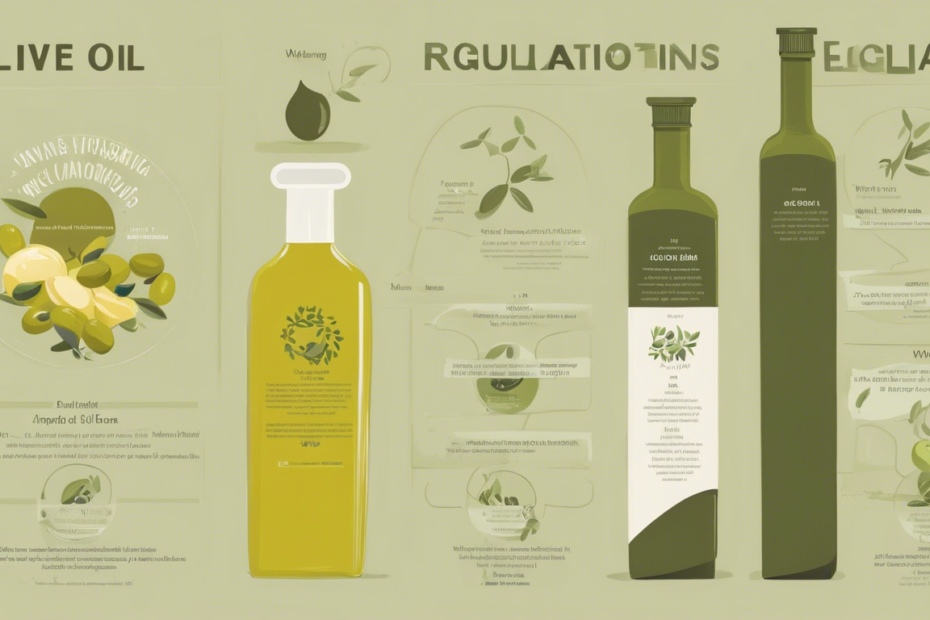Are you a fan of olive oil, or just looking to add some healthy fats to your diet?
Navigating the world of olive oil can be tricky, especially with all the different types and labels out there.
That’s where olive oil regulations come into play!
In this article, we’ll break down why these regulations matter, highlight the key guidelines that protect consumers, and offer some handy tips for choosing the best quality olive oil for your kitchen.
Let’s dive in!
How to Choose Quality Olive Oil: Tips for Consumers
Choosing quality olive oil can be a bit of a maze, especially with all the options on grocery store shelves.
One of the first things to keep in mind are the olive oil regulations that vary by country; they set standards for purity and quality, helping you distinguish between the real deal and those questionable blends.
Look for labels that indicate the oil has been certified by a recognized body, such as the USDA or the International Olive Council, as these seals guarantee that the product meets strict quality criteria.
Additionally, try to pick oils that list the harvest date — fresher is better for flavor and health benefits.
Don’t forget to do a little sniff test or taste a sample if you can!
Good olive oil should have a robust, fruity aroma and a slightly peppery finish, which are signs of its high-quality.
Checking for dark glass bottles is also a must because they protect the oil from light, helping to preserve its quality longer.
So next time you’re on the hunt for olive oil, keep these tips in mind, and you’ll surely find a bottle that truly celebrates its Mediterranean roots.
Frequently Asked Questions
Why are olive oil regulations important?
Olive oil regulations are important because they help ensure the quality, purity, and authenticity of olive oil products.
They protect consumers from fraud and mislabeling, allowing them to make informed choices and enjoy the health benefits associated with high-quality olive oil.
What are the key regulations that apply to olive oil?
Key regulations governing olive oil include standards for quality grades (like extra virgin and virgin), labeling requirements, and regulations on chemical composition and sensory characteristics.
These standards are enforced by organizations like the International Olive Council and national regulatory bodies.
How can I tell if I’m buying quality olive oil?
To choose quality olive oil, look for labels such as ‘extra virgin’, check for harvest dates, and buy from reputable brands that provide clear information about sourcing.
Also, check for certification seals from recognized organizations which can indicate compliance with quality standards.
Are all olive oils the same, or are there significant differences?
Not all olive oils are created equal.
There are significant differences in taste, quality, and health benefits.
Extra virgin olive oil is the highest grade and is made from pure, cold-pressed olives, while lower grades may contain refined oils or mixtures that dilute their quality.
What should I avoid when purchasing olive oil?
Avoid purchasing olive oil that is sold in clear glass bottles, as exposure to light can degrade the oil.
Also, steer clear of vague labels or oils that don’t specify an origin or harvest date.
Being cautious of low-cost options can help you avoid fraudulent oils.
